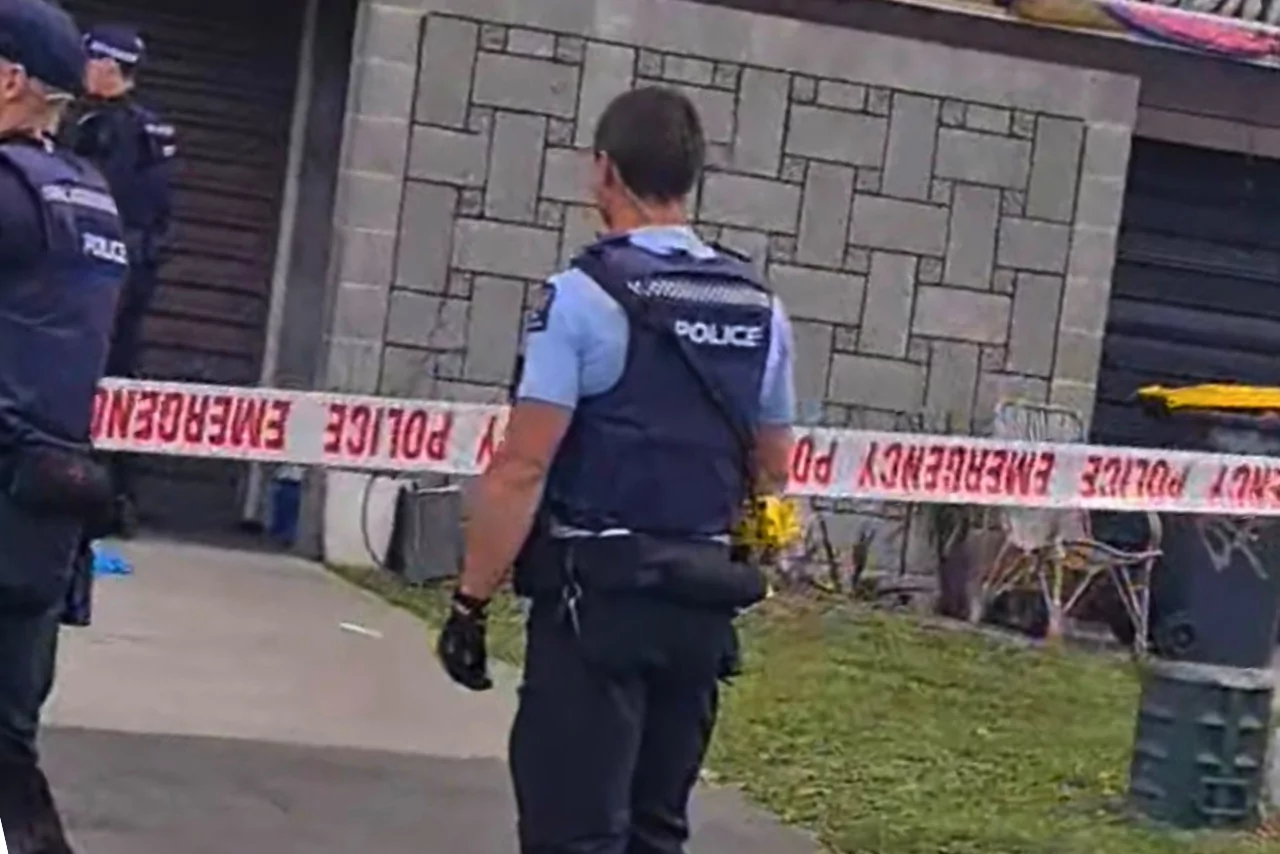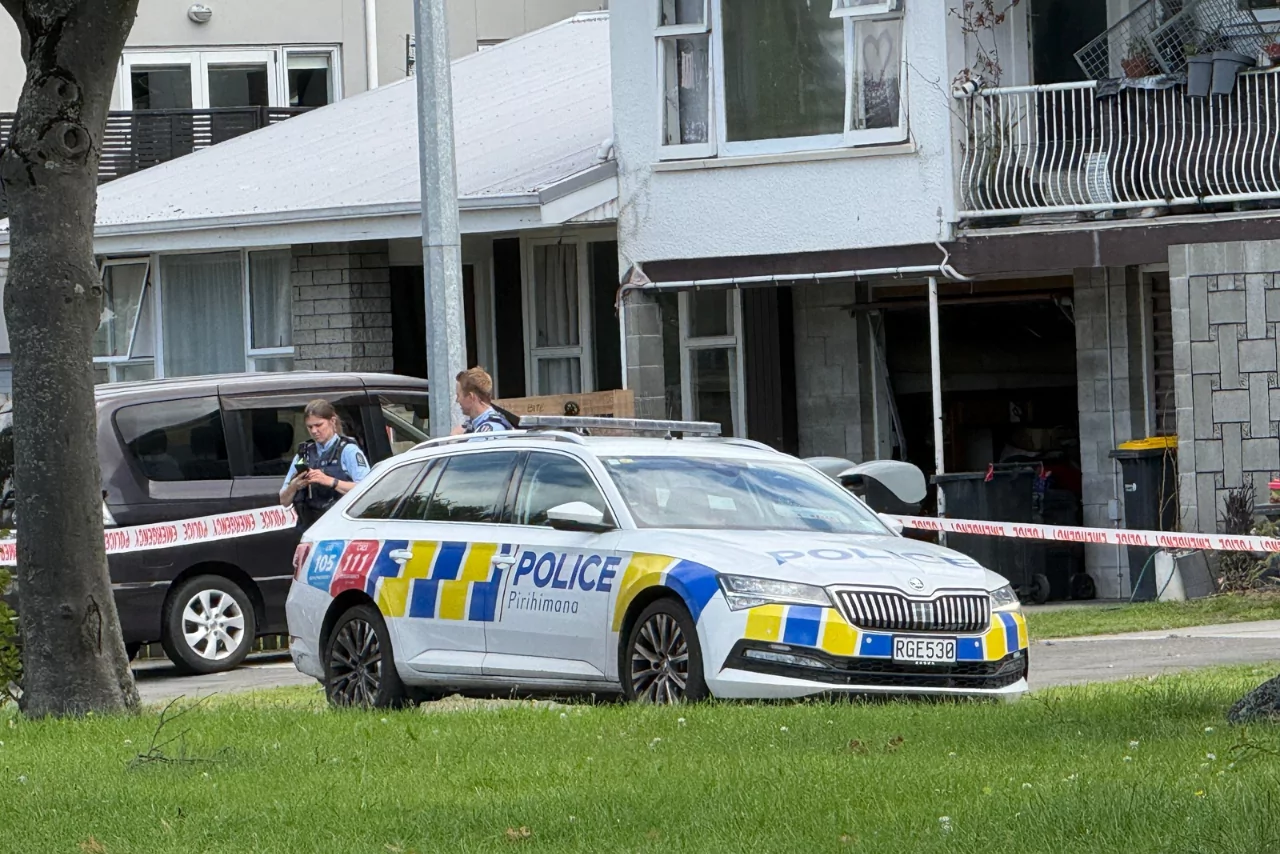Escaped youth tracked by Eagle helicopter, found hiding in New Brighton
The young person who escaped from a youth justice facility in Rolleston has been located...
Wellington Mayor Tory Whanau has written to Prime Minister Christopher Luxon, accusing Deputy Prime Minister David Seymour of leading a campaign of online harassment and intimidation against university academics and Christchurch City Council staff.
In a letter dated 23 June, Whanau said Seymour’s actions breached Cabinet standards and compromised public safety.
It following comments he made during an interview with Chris Lynch Media about opposition to the Government’s Regulatory Standards Bill.
“This deliberate targeting of academics and the exposure of Christchurch Council staff to ridicule by comparing them to Russian President Vladimir Putin… appears to be a direct breach of the Cabinet Manual’s standards of conduct,” Whanau wrote.
“It’s a blatant attempt to stifle academic freedom and any dissenting opinion.”
She said “We have witnessed him target academics who act as our critic and conscience, and attack public servants for simply doing their job. This is unacceptable. Seymour’s actions are creating harmful environments, his rhetoric fueling online abuse. For our community, and our democracy, he must be held to account.”
Speaking to chrislynchmedia.com, last week, Seymour said he was disappointed by Mauger’s decision to reject the Regulatory Principles Bill on the grounds it lacked Tikanga-informed approaches.
In the submission, signed by Phil Mauger, it said “We are concerned that the Bill contains no reference to Te Tiriti o Waitangi, tikanga Māori, or Māori participation in decision-making. This omission is significant given the Bill’s intent to establish a normative framework for evaluating the quality of both primary and secondary legislation across the public sector.”
The council submission said “We have explicit statutory obligations as a local authority to support Māori participation and recognise the role of Māori in governance and environmental management. The RMA, the LGA, and local to the South Island, the Te Runanga o Ngai Tahu Act 1996 and the Ngai Tahu Claims Settlement Act 1998, all require the Council to consult with relevant Māori parties, as acknowledged by Te Tiriti. They are not discretionary and are fundamental to how local authorities are required to operate.
“This omission may discourage councils and other public agencies from adopting Treaty-based or tikanga-informed approaches, particularly where such approaches cannot be easily reconciled with the Bill’s constrained evaluative framework.It also risks legal misalignment, where legislation developed centrally without regard to Treaty principles could undermine or contradict local government’s statutory obligations. More broadly, it may contribute to the normalisation of a regulatory culture in which Māori partnership and participation are not treated as essential components of responsible public policy.”
The submission was written by council staff, not Phil Mauger.
Seymour said “It may show how elected councillors are often bullied by the staff and don’t take fully informed positions that they would take if they were thinking clearly with the right information,” he said.
“The problem is you can’t vote them out. That’s the real problem. It’s actually something they’ve got in common with Vladimir Putin. You can’t vote him out either.”
Whanau said such statements risk inciting behaviour that “spills into real-world violence” and set a “dangerous precedent” for how dissenting voices are treated in New Zealand.
“You have to wonder if he’s not poorly informed because he’s wholly reliant on a council bureaucracy that has every incentive not to inform him,” Seymour also said.
Whanau argued that Seymour’s behaviour was a serious breach of Cabinet Manual sections 2.53 and 2.56, and urged the Prime Minister to take action.
“We expect Cabinet members to display the highest standards of conduct and ensure that all members of our community can contribute to public debate without fear of harassment or intimidation.”
Seymour defended the bill, saying it would bring transparency to council rule-making and provide Kiwis with “an avenue to fight back against red tape and regulation that drains the joy from our lives.”


